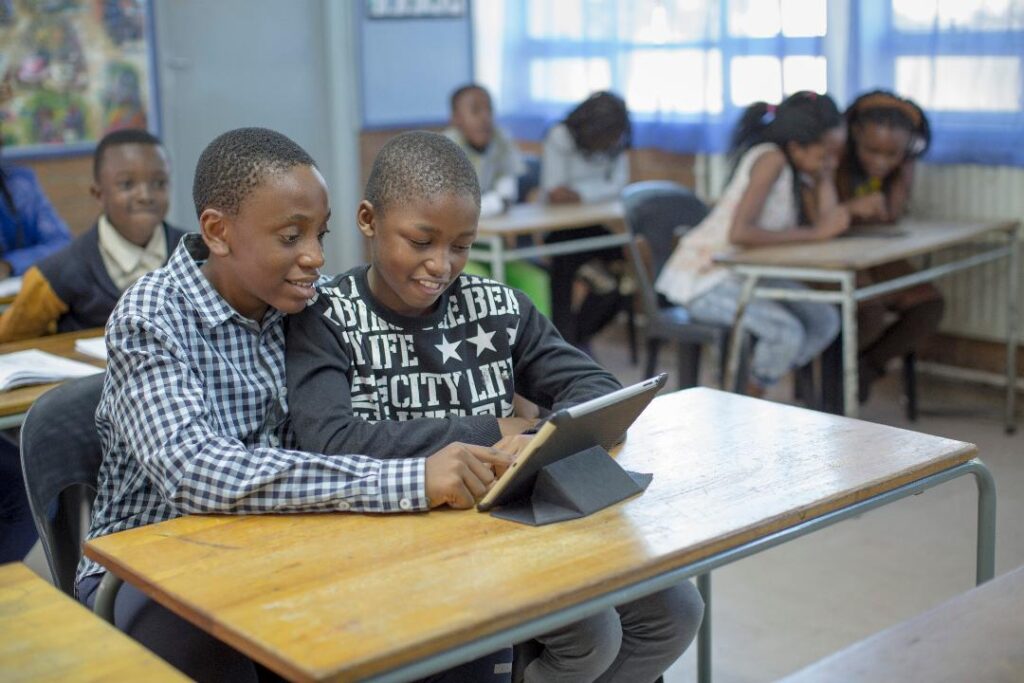The Economist Intelligence Unit (EIU) report sponsored by Ericsson has identified four key actions to make a change, even as it states that connecting schools has the potential to boost GDP by up to 20 percent in the least connected nations.
The four key actions from the report titled ‘Connecting Learners: Narrowing the Educational Divide’ are:
- Collaboration is key: A holistic, public/private partnership strategy is needed to coordinate efforts with stakeholders to overcome barriers to school connectivity.
- Accessibility and affordability: Building infrastructure to enable access to the internet is a starting point. Quality of connection and cost are important factors as well.
- Embedding the internet and digital tools into education: Once access to school connectivity is achieved, it must be embedded into the curriculum. Teachers must be trained to integrate technology into everyday learning.
- Protecting children online: School connectivity provides opportunities for children. Additional steps must be taken to ensure healthy and protected online learning environments. Internet usage must be properly managed to ensure safe and secure use.
Meanwhile, the report noted that empowering children and communities through school connectivity and enabling access to quality digital learning will help to meet UN Sustainable Development Goals and is a catalyst for individual, regional and national economic success
It also found that nations with low broadband connectivity have the potential to realize an increase in GDP by up to 20 percent by connecting schools to the internet.
A well-educated workforce is more likely to be innovative and foster ground-breaking ideas, leading to economic development and job creation. EIU analysis shows that for every 10 percent increase in school connectivity in a country, GDP per capita could increase by 1.1 percent.
In the context of the West African country of Niger, the report finds that improvements in school connectivity to Finnish levels could increase GDP per capita by almost 20 percent – from USD 550 per person in the baseline to USD 660 per person by 2025.
The report also recommends that public, private and NGO sector leaders around the world can make a dramatic impact towards bridging the digital divide by joining forces to make internet connectivity a global reality for school children of all ages.
As a result, Ericsson today appeals to these players to get behind the efforts of Giga (a school connectivity initiative founded by UNICEF and the International Telecommunication Union) through actions such as funding, data sharing, technological expertise and reimagining sustainable business models for connectivity. Ericsson has committed its efforts through a three-year partnership with UNICEF to help map the current school connectivity gap across 35 countries.
Commenting, Heather Johnson, Vice President of Sustainability and Corporate Responsibility, Ericsson, says: “When Giga was announced, we immediately understood the positive impact it could deliver – bridging the digital divide between and within countries, to give children the world over the opportunity of bright and rewarding futures.”
She added that the report makes it clear that partnerships between business leaders, public sector leaders and NGOs can take effective action to address this issue and significantly impact lives. Every player in these sectors, no matter how big or small, can make a difference.




